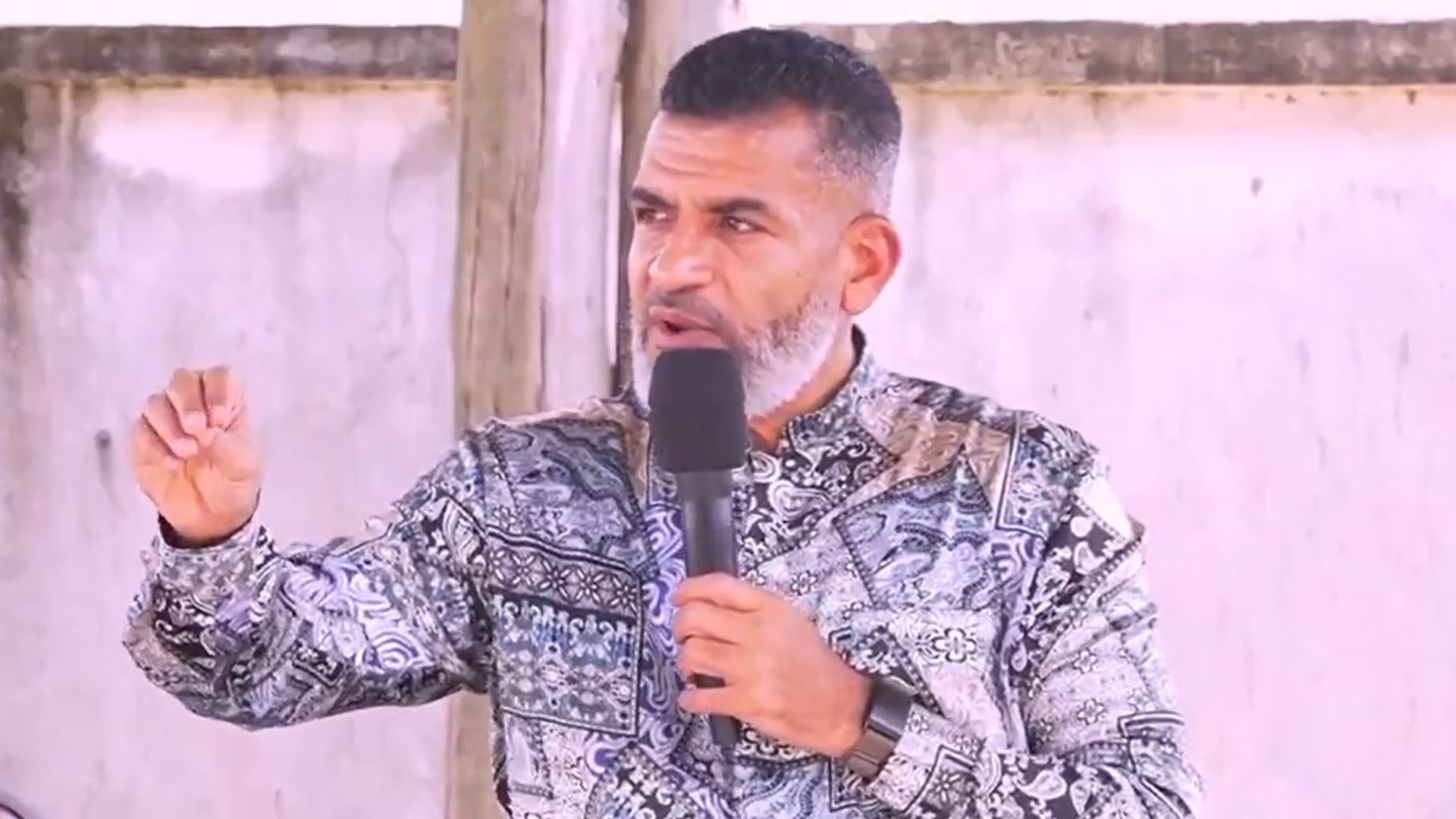Governor Nassir urges Ruto to speed up county assemblies' legislative independence

Mombasa Governor Abdulswamad Sheriff Nassir. Photo/Videograb
Mombasa Governor Abdullswamad Sherrif Nassir has called on President William Ruto to swiftly implement the long-promised legislative and financial independence of County Assemblies, saying the reform is critical for meaningful oversight and strengthened devolution.
In a statement released Sunday, Governor Nassir praised the President’s recent endorsement of autonomy for County Assemblies and said it reflects a progressive step toward transparent and accountable county governance.
“I now urge the President to fast-track the implementation of this framework so that County Assemblies across the country can perform their oversight role without constraint, and in full service of the people,” said Mr Nassir.
He noted that the County Government of Mombasa has consistently supported the independence of its Assembly, including timely budgetary allocations.
However, he emphasized that true institutional autonomy was needed across all counties for MCAs to operate effectively.
“This move aligns with global best practice and is a vital step in strengthening devolution and deepening democratic governance,” he added.
A delayed dream
Over a decade since the launch of Kenya’s devolved system in 2013, the dream of financially autonomous County Assemblies has remained largely unfulfilled.
Though the Constitution provides for the separation of powers between county executives and legislatures, implementation has lagged.
One of the main hurdles has been the lack of a legal framework to enable assemblies to receive and manage funds directly from the National Treasury.
Currently, most assemblies rely on county executives—governors and their finance departments—to release their budgets. This has led to frequent delays, particularly in counties where MCAs and governors are at odds.
In some cases, governors have reportedly withheld funds or delayed disbursements as a way of influencing assembly decisions. This undermines the independence of the legislature and cripples its ability to provide checks and balances on how public money is spent.
Past attempts in Parliament to legislate financial autonomy have either stalled or faced opposition from those citing the risk of poor accountability and double spending if assemblies manage their own funds without stronger oversight mechanisms.
MCAs and assembly staff in several counties have staged protests and go-slows over unpaid allowances, operational delays, and inadequate facilitation for committee work—issues they directly link to executive control over finances.
A new chapter?
President Ruto’s commitment to unlock this long-pending reform has been welcomed across the political divide, with many leaders saying it could usher in a new chapter in the practice of devolution.
The proposed model mirrors the independence enjoyed by Parliament and the Judiciary, which receive their funding directly from the exchequer.
Comments and Responses
To advertise with us, send an email to advert@avdeltanews.world

Be the First to Comment